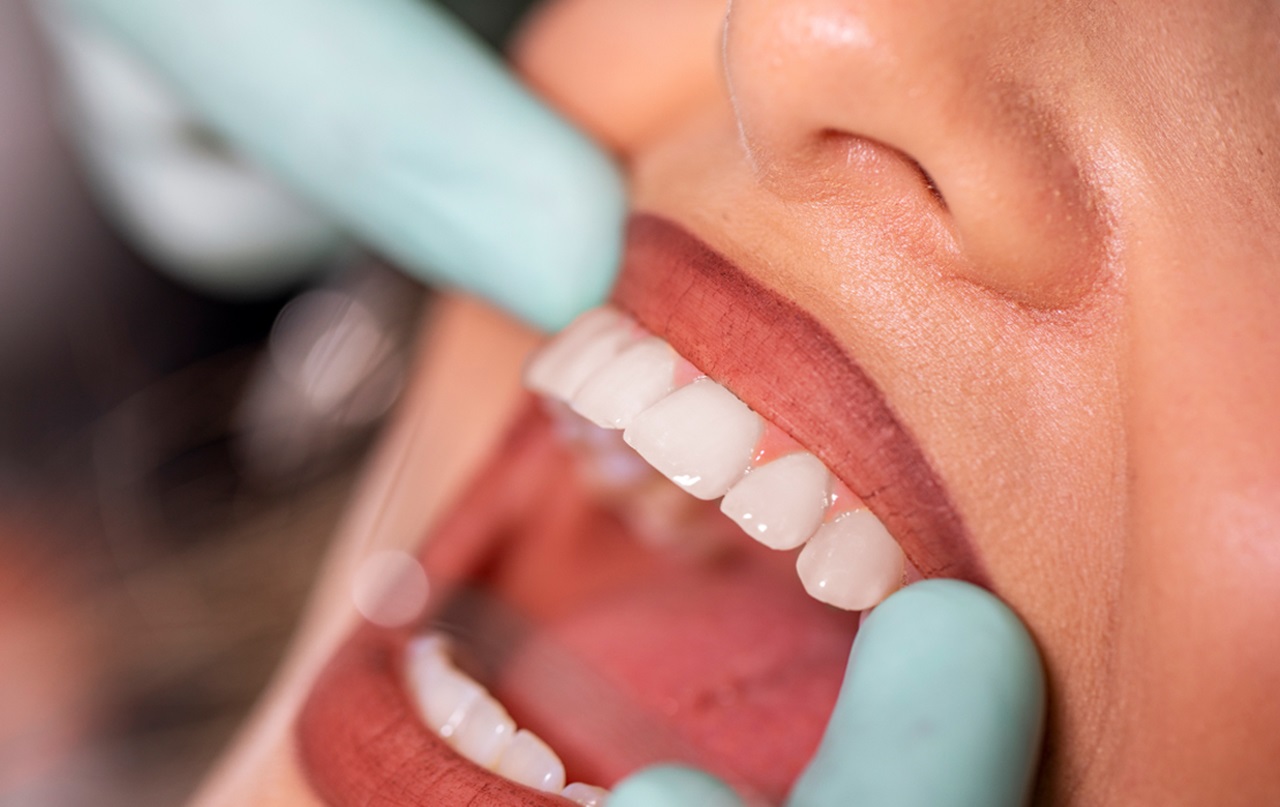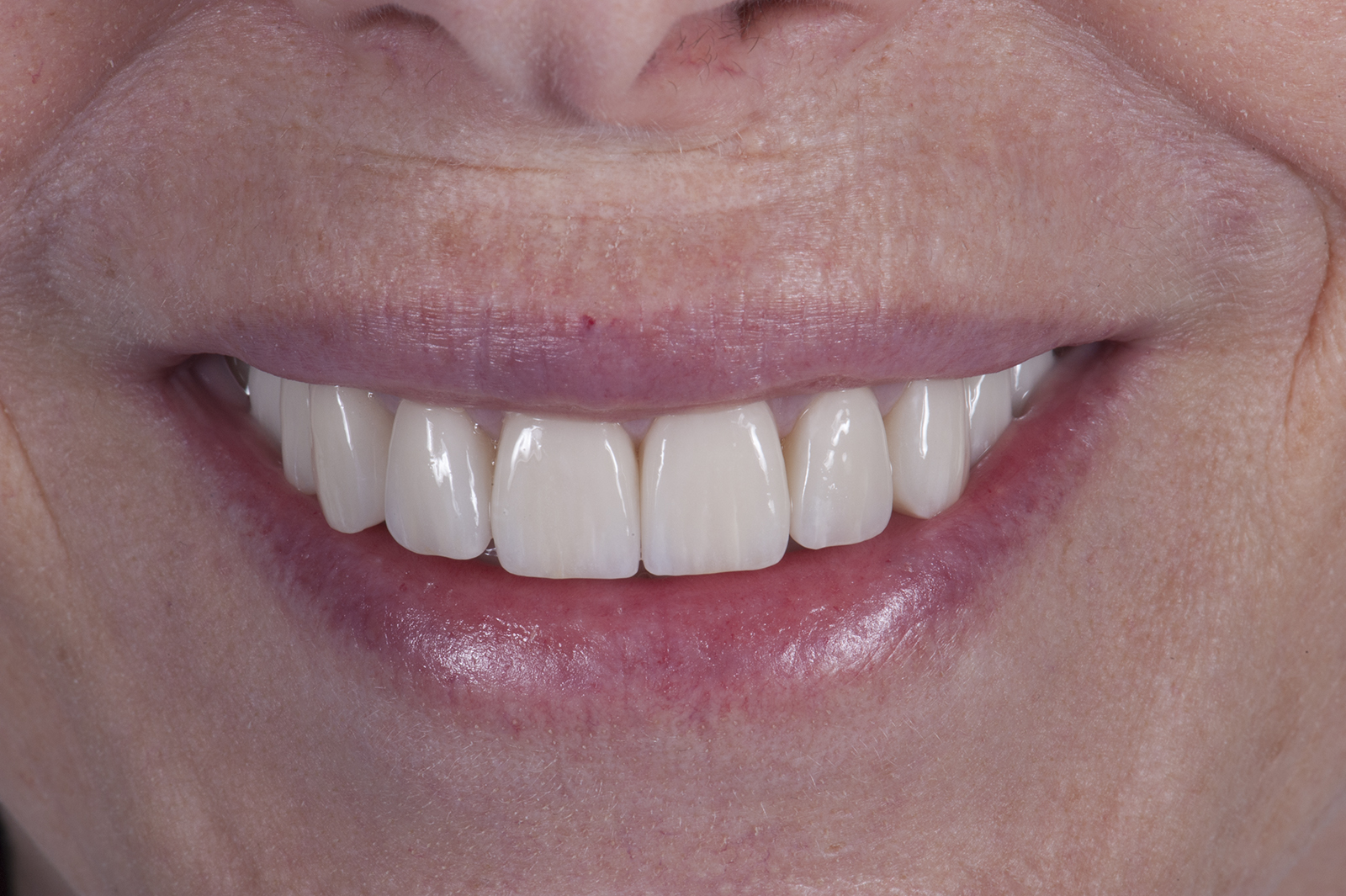Dry Mouth: Winning the Battle for Improved Oral Health
Dry mouth, often medically termed as xerostomia, feels exactly as it sounds—a parched, sticky sensation in the mouth that can significantly affect your oral health and overall comfort. While it might seem like a minor nuisance, the implications of dry mouth extend far beyond mere discomfort. It can lead to serious dental health issues, including tooth decay, gum disease, and bad breath. Fortunately, understanding this condition and adopting effective strategies can make a big difference in managing its symptoms and safeguarding your oral health.
The Hidden Culprit Behind Oral Discomfort
At the root of dry mouth is a decrease in saliva production. Saliva plays a crucial role in our oral health, from aiding digestion to keeping our mouth clean and moist. It washes away food particles and neutralizes acids produced by bacteria, thus protecting the teeth from decay. When saliva flow is reduced, the mouth’s natural defense mechanism weakens, paving the way for dental problems.
Recognizing the Signs Early On
Identifying dry mouth early is key to preventing its adverse effects on dental health. Symptoms include a sticky or dry feeling in the mouth, frequent thirst, sores in the mouth, cracked lips, a dry throat, and difficulty swallowing, speaking, or tasting. If these signs sound all too familiar, it’s time to take action and consult a healthcare professional for guidance.
Common Triggers to Watch Out For
Several factors can contribute to dry mouth, including medication side effects, medical conditions like diabetes, treatments such as radiation to the head or neck, smoking, and dehydration. Recognizing these triggers can help you understand and manage your symptoms more effectively.
Simple Lifestyle Changes for Relief
Making a few simple adjustments to your daily routine can greatly alleviate dry mouth symptoms. Staying hydrated by drinking plenty of water throughout the day is paramount. Chewing sugar-free gum or sucking on sugar-free hard candies can stimulate saliva flow. Additionally, avoiding caffeinated beverages, alcohol, and tobacco, all of which can dry out the mouth, is crucial for improvement.
The Power of Nutrition in Oral Health
What you eat plays a significant role in your overall oral health, especially when you’re dealing with dry mouth. Foods high in water content, such as fruits and vegetables, can aid in maintaining moisture levels in your mouth. Conversely, salty, spicy, or acidic foods can exacerbate dry mouth symptoms and should be consumed in moderation. Incorporating a balanced diet not only supports your general health but also contributes to a healthier mouth environment.
Embrace Good Oral Hygiene Habits
Good oral hygiene is paramount, particularly for those experiencing dry mouth, as they are more susceptible to cavities and gum disease. Brushing twice a day with fluoride toothpaste, flossing daily, and using an alcohol-free mouthwash can help protect your teeth and gums. For individuals with this condition, a mouthwash designed specifically for relief can be a beneficial addition to their oral care routine.
Advanced Care Strategies
For those needing more than lifestyle adjustments, several treatments and products are designed specifically to combat it. Saliva substitutes, oral moisturizers, and prescription medications that stimulate saliva production can offer relief. Regular dental check-ups are also vital, as dental professionals can provide tailored advice and treatments to protect against the oral health complications associated.
Dry mouth isn’t just a simple annoyance; it’s a condition that, if left unaddressed, can have significant consequences for your oral health. By recognizing the symptoms early, understanding the potential triggers, and adopting both simple lifestyle changes and seeking advanced care when necessary, you can effectively manage. This proactive approach not only improves oral health but also enhances overall well-being and quality of life. Remember, it doesn’t have to be a permanent discomfort. With the right strategies, you can keep your smile healthy, hydrated, and happy.




